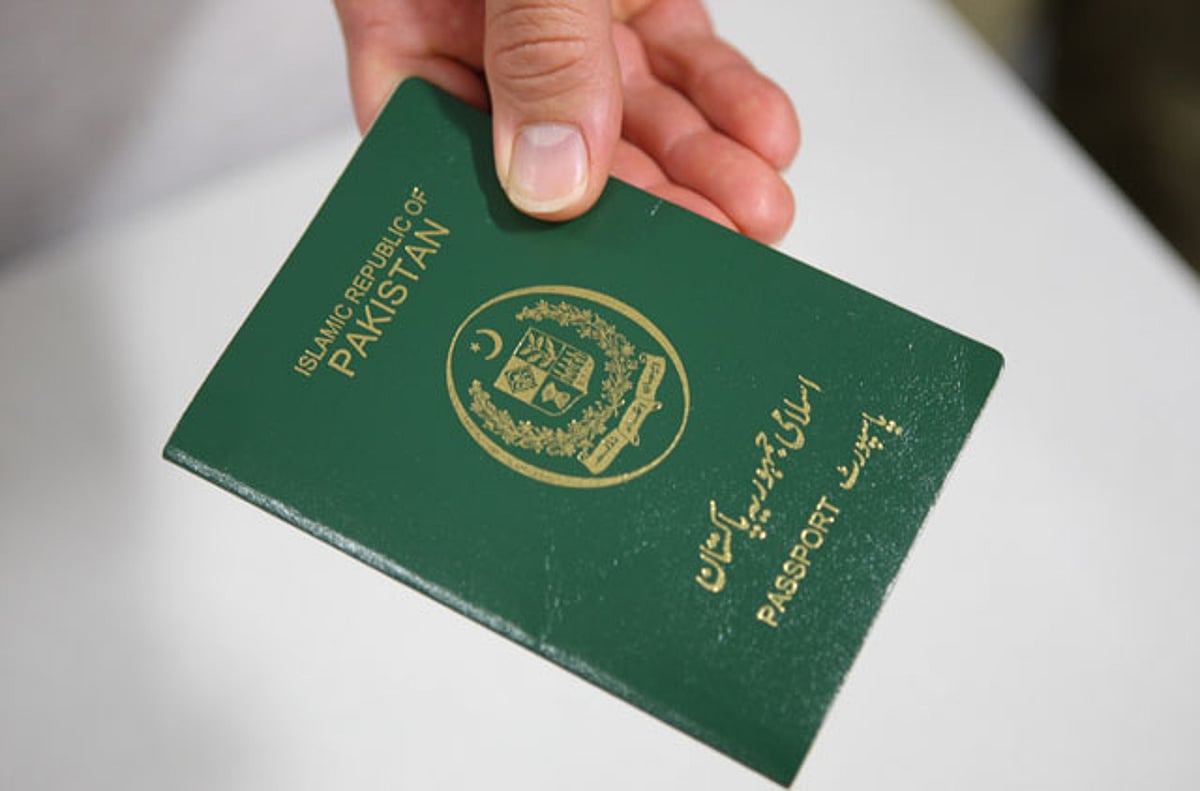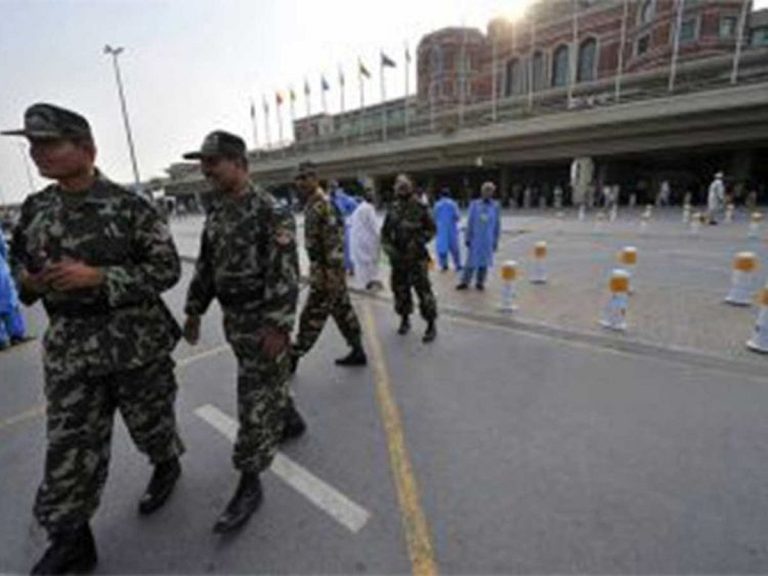Pakistani Passport Drops to 103rd in Global Rankings
Recent updates to the Henley Passport Index reveal a notable decline in the ranking of the Pakistani passport. Currently positioned at 103rd, Pakistan’s passport now shares this rank with Yemen, allowing visa-free access to only 31 countries. This marks a significant drop from its previous rank of 96th, where it provided access to 32 destinations.
Current Rankings Overview
Pakistan’s passport is now among the least powerful globally, with only Iraq, Syria, and Afghanistan ranking lower. Iraq holds the 104th position with access to 29 destinations, while Syria and Afghanistan are at 105th and 106th, respectively, with 26 and 24 visa-free options.
In contrast, the top positions in the passport rankings are dominated by three Asian countries: Singapore, South Korea, and Japan. Singapore leads the index with visa-free access to 193 destinations, followed closely by South Korea at 190 and Japan at 189. European countries such as Germany, Italy, Luxembourg, Spain, and Switzerland follow, each granting access to 188 destinations. Austria, Belgium, Denmark, Finland, France, Ireland, and the Netherlands round out the top five, with 187 destinations accessible without a visa.
The Shift in Global Passport Power
The latest rankings also highlight a significant shift for the United States passport, which has fallen out of the top 10 for the first time in the index’s 20-year history. Once ranked first in 2014, the U.S. passport now sits at 12th place, tied with Malaysia, allowing visa-free access to only 180 of 227 destinations. The decline is attributed to several factors, including the loss of visa-free access to Brazil and exclusion from China’s expanding visa-free list.
The United Kingdom has also experienced a drop, falling from 6th to 8th place. This decline reflects broader trends in global mobility, where countries with restrictive visa policies are seeing their passport power diminish.
Factors Influencing Passport Rankings
The decline in passport rankings for countries like the U.S. and the U.K. can be linked to their increasingly insular immigration policies. For instance, the U.S. has imposed restrictions on travelers from several nations, particularly in Africa and the Middle East, which has contributed to a widening gap between the travel freedom enjoyed by its citizens and the openness offered to foreign nationals.
China, on the other hand, has made significant strides in the index, climbing from 94th place in 2015 to 64th in 2025. This improvement is largely due to its recent agreements granting visa-free access to an additional 30 countries, including Russia. Such developments reflect China’s strategy to enhance its global mobility and position itself as a leader in travel freedom.
FAQs
Why has the Pakistani passport declined in ranking?
The decline is attributed to various factors, including geopolitical issues and the country’s overall visa policies, which limit international travel options for its citizens.
How does the Henley Passport Index determine rankings?
The Henley Passport Index ranks passports based on the number of destinations their holders can access without a visa, reflecting the level of global mobility offered by each passport.
What are the implications of a low passport ranking?
A low passport ranking can restrict citizens’ travel opportunities, impact international relations, and influence perceptions of a country’s global standing.
Conclusion
The recent decline in the Pakistani passport’s ranking underscores ongoing challenges in global mobility and visa access. As countries like China enhance their passport power, it highlights the need for Pakistan to address its own visa policies and international relations to improve its standing in future rankings.
The decline in the Pakistani passport’s ranking can also be viewed within the broader context of regional stability and economic conditions. Countries with stronger economies and stable political environments tend to have more favorable visa agreements, which can enhance their passport power. Conversely, ongoing conflicts and economic challenges in Pakistan may hinder its ability to negotiate better travel agreements with other nations.
Furthermore, the impact of globalization and international relations plays a crucial role in shaping passport rankings. As countries engage in diplomatic efforts to foster stronger ties, those with proactive foreign policies often see improvements in their passport rankings. For Pakistan, enhancing diplomatic relations and participating in multilateral agreements could be vital steps toward improving its passport standing in the future.
Also Read:
Indian Passport Falls to 85th in Global Rankings







